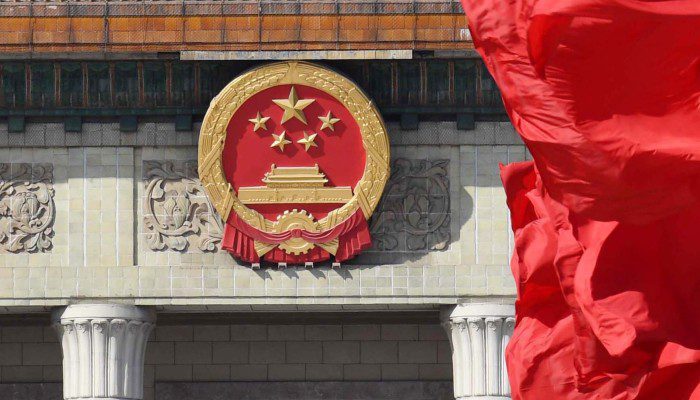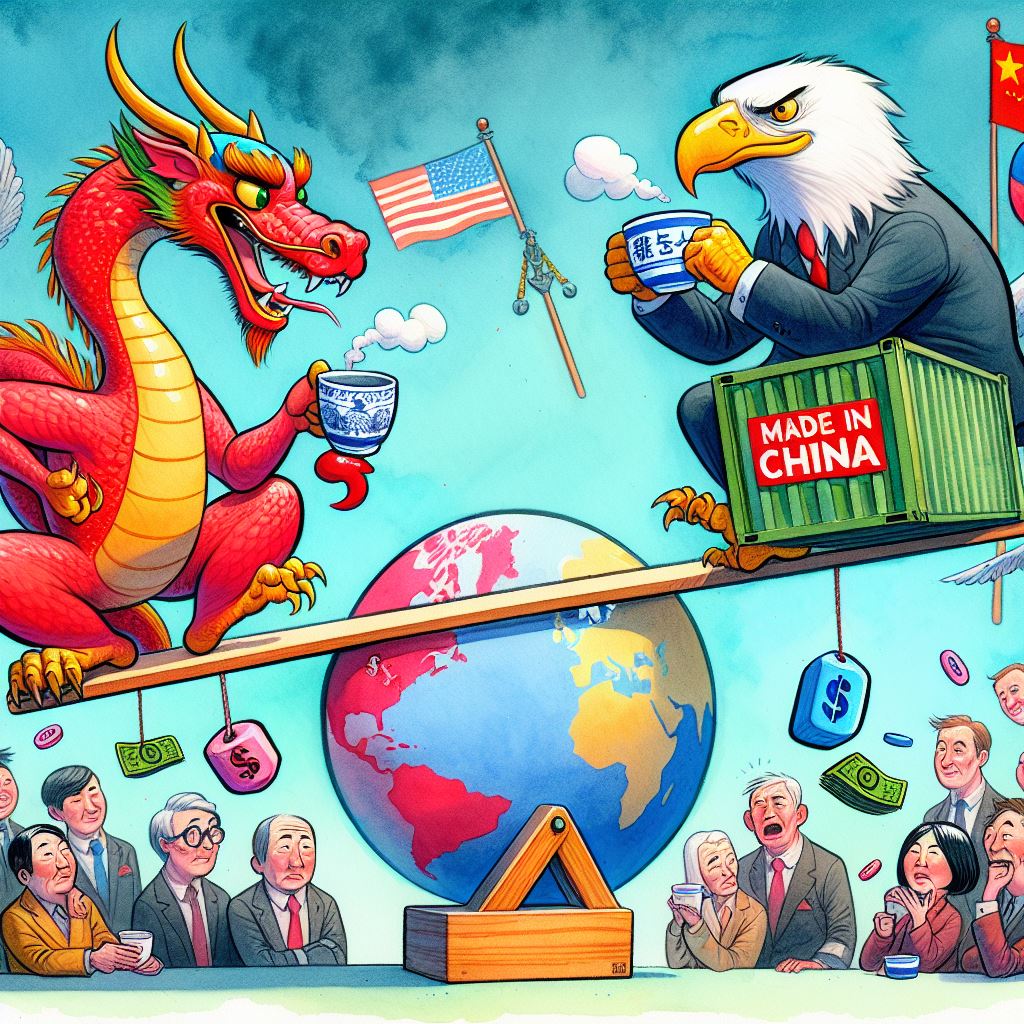China’s recent move to open up its financial services sector promotes sound development in its payment market
Here’s a scenario familiar to those, who don’t use WeChat Pay of Alipay. If you’ve ever tried using a foreign credit card in China, you’ve likely encountered the difficulties associated with the transaction. While certain restaurants and high-end hotels accept foreign cards, it’s still a hit or miss in China. UnionPay has been accounted as the only clearinghouse for transaction in China. This means foreign clearinghouses, e.g. Visa and Mastercard, are often not recognized in China.
However, there was a breakthrough deal in November, which promotes sound development and healthy competition in its payment market.
Take a look at some of our previous posts: CRS in China – all you need to know about financial information exchange
American Express gets the Green Light for Chinese Payments
Earlier in November 2018, the People’s Bank of China (PBOC) granted its approval to American Express for setting up a payments network in China.
This move is unprecedented and a first time any foreign card company has received permission to access the Chinese market.
American Express gained a clearing and settlement license in Mainland China. This will be followed up by establishing an operation for processing domestic RMB transactions in a joint-venture (JV) model. AmEx is now in a JV with a Chinese fintech company, the Hangzhou based Lianlian Yintong Electronic Payment Co. Ltd., registered as Express (Hangzhou) Technology Services Company – ‘Express Company’ for short. The newly formed JV must complete operational preparations within a year of approval. These must then get approved from the central bank, as PBOC elaborated in their official statement.
A Strictly Controlled Market
For all the other markets, where AmEx is present, they process their own transactions. This is done through their own network with a hub in Phoenix, Arizona. However, until now, their transactions in China have been handled by the state-controlled UnionPay of China. Similarly, all AmEx, Visa and MasterCard issued in China had to be co-branded, often in partnership with UnionPay.
Once AmEx has established their own network in China, the company will be able to use it for processing payments on AmEx branded cards and also collect fees on more transactions. These co-branded cards use UnionPay’s network of RMB payments in China. Similarly, the network on the US behalf is used for payments abroad in dollars.
This recent approval shows the new direction China has taken on by trying to open their bank card market further. This attempt is conductive to providing more diverse and differentiated services to all parties in the industry. It fosters a more even market and helps building a rational and stable banking infrastructure. This further aids to improve the service level of the Chinese bank card market.
Clearinghouse Monopoly in China
As of now, the only inter-bank clearinghouse in China is UnionPay. Thus, as a clearinghouse, it has the right to facilitate the exchange (i.e., clearance) of payments, securities or derivatives transactions. As a clearinghouse, UnionPay stands between two clearing firms, with the aim to reduce the risk of a member firm failing to honor its trade settlement obligations.
UnionPay is fully state-funded and not only serves as the clearinghouse, but also provides a payment option, just like WeChat Pay and Alipay do. They’ve also expanded their services online and launched a clearinghouse on WeChat.
New Opportunities with New Regulations
As of July 2017, Beijing announced it will let foreign card companies apply for licenses, allowing them to operate in China. This was met with enthusiasm, as the U.S. payment network operators had been waiting for more than a decade. However, the U.S. company representatives were realistic on the strict security reviews and time-consuming regulations that need to be followed.
China had announced already in 2015 that if will welcome foreign businesses in its card market yet failed to develop a road-map on how local operation need to be set up. As the announcement was more refined in 2017, it was clear the applicants must meet intense scrutiny by the bank regulator as well as security agencies. It is also up to the companies to take care of setting up an extensive local infrastructure.
Clearinghouses Actively Seeking for Collaborations
A Chinese and a U.S. company forming a JV is a way to enter the strictly guarded financial industry of China, but it has also received quite a bit of criticism from the Trump administration. The main concerns surrounding JV’s is that China uses this company model for valuable knowledge and technology transferring. If these claims sound familiar, then correct: it’s been named as one of the causes for the current U.S. – China trade war.
These concerns haven’t stopped Visa and MasterCard from applying to the PBOC with a wish to participate in the Chinese market as a bank card clearing institution. Both have declared they will work closely with the Chinese government as they proceed with the application process, as they welcome the continued liberalization efforts of the financial services sector in China.
The PBOC allowing more players to the market has also seen support from the representatives of the Research Center for Payments and Settlements of the Institute of Finance and Banking at the Chinese Academy of Social Sciences, who endorse competition as a means to improve the quality and efficiency of bank card services.
Need advice on finding the best strategy for your company in China? Get in touch with our team for a consultation and follow us on social media to receive the latest news
Our experienced team has the necessary expertise and the know-how to support you with your business – have a look at the services we offer.
Also, don’t forget to follow us on social media to receive all the latest updates!
See how much salary you receive after tax and check your company value without leaving WeChat!
Also, our Mini Program can estimate the salary in your industry, for your experience level and position. A huge help for salary negotiations!






